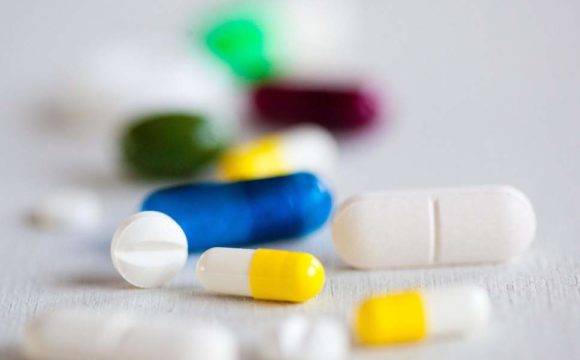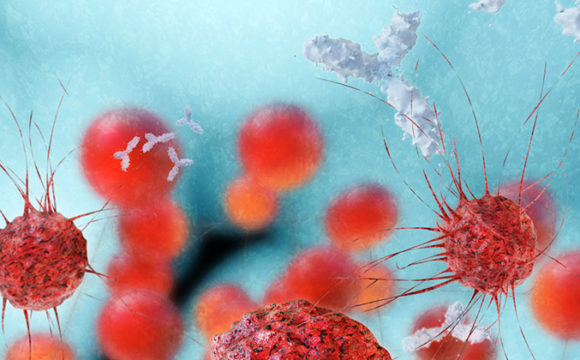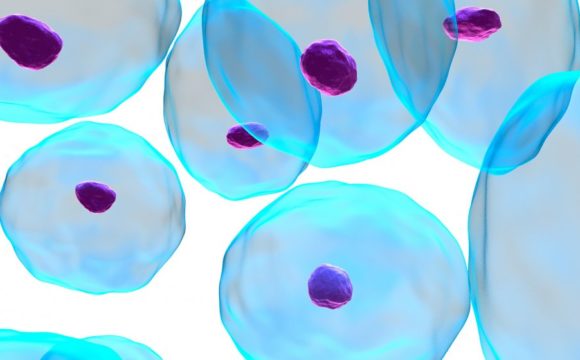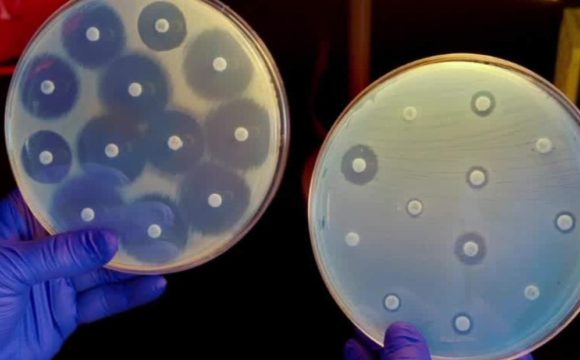In this article, we will summarize and briefly analyze two recently published studies which talk about two very common consumable item’s namely broccoli and alcohol effect on diabetes.
The first one is a study published in the journal Diabetologia. This study comprised of over 70,000 participants and its goal was to investigate the connection (if any) between Alcohol consumption especially the drinking pattern and diabetes.
About 28,000 participants were men and 41,000 were women. Pregnant and already diabetic candidates were excluded. These participants were followed for a median period of about 4.9 years and their drinking habits namely, the frequency of drinking and the type of drink (wine, beer, whiskey etc.) were recorded on a weekly basis through self-reported questionnaires.
In the follow-up period, about 859 men and 887 women developed diabetes. It was found that men who consumed about 14 drinks per week and women who consumed about 9 drinks per week were at least risk (least likely) to develop diabetes compared to all those who consume less or none (teetotalers) and those who consume more. The beer was found to be associated with lower risk of developing diabetes in men while consuming more than seven drinks of spirit was associated with increased risk in women. Both Men and women who drank wine showed the lowest diabetes risk. Suggesting that wine might be the best alcoholic drinks for diabetics.
The study provides very little insight into the causes behind the results. It makes the point that moderate drinking lowers blood pressure and dilates blood vessels and thereby reducing the risk of diabetes. However, one knows that alcoholic beverages are high in calories and since it affects one’s rational faculty one may end up choosing unhealthy foods over healthy ones.
(Source: ox.ac.uk)
Additionally, three major caveats in this study are- Firstly, it makes no distinction whatsoever between type 1 and types 2 diabetes. Secondly, there is no way to assess that people are actually reporting the exact amount as they are drinking, there exists a tendency to report less than what one is really consuming. And finally the fact that there exist studies which show that consumption of alcohol (even in tiny amounts) increases the risk of cancer and dementia. How can this study make its case amidst such tangling and contradicting findings? It, therefore, makes sense that the authors made it clear that their aim is not to encourage drinking.
In another study published in the journal Science Translational Medicine, after investigating the pattern of gene expression associated with type 2 diabetes and comparing them with gene signatures (group of genes in a cell whose combined expression pattern is uniquely characteristic of a biological phenotype or medical condition) in hepatic cells it was found that sulforaphane, a natural compound found in broccoli may contribute to reversing the disease. The dataset included 97 type-2 diabetes patients, all of whom were treated with the drug metformin – a first-line medication for the treatment of type 2 diabetes. In one group sulforaphane was administered for 3 months on a daily basis. The others were given a placebo. The sulforaphane group showed a drop in blood glucose by 10% more than those who took the placebo. The drug also reduced fasting blood glucose (blood sugar levels) and glycated hemoglobin (HbA1c) in obese patients with deregulated type 2 diabetes. And it decreased the expression of key enzymes in gluconeogenesis in all patients who took the drug.
The author’s major next step now is to test the effect of sulforaphane in patients who had not taken metformin at all. In the experiments, Sulforaphane was used in the form of pills made from concentrated broccoli sprout extracts. About 5 kgs of broccoli would be the equivalent of a single pill. Broccoli still may be an attractive diabetes cure for many and may encourage veggie lovers to munch on some extra broccoli in their meals!
(Source: nutraingredients-usa.com)
References:
1] Charlotte Holst, Ulrik Becker, Marit E. Jørgensen, Morten Grønbæk and Janne S. Tolstrup Alcohol drinking patterns and risk of diabetes: a cohort study of 70,551 men and women from the general Danish population Diabetologia 27 July 2017 (Online)
2] Annika S. Axelsson, Emily Tubbs, Brig Mecham, Shaji Chacko, Hannah A. Nenonen, Yunzhao Tang, Jed W. Fahey, Jonathan M. J. Derry, Claes B. Wollheim, Nils Wierup, Morey W. Haymond, Stephen H. Friend, Hindrik Mulder and Anders H. Rosengren Sulforaphane reduces hepatic glucose production and improves glucose control in patients with type 2 diabetes Science Translational Medicine 14 Jun 2014










